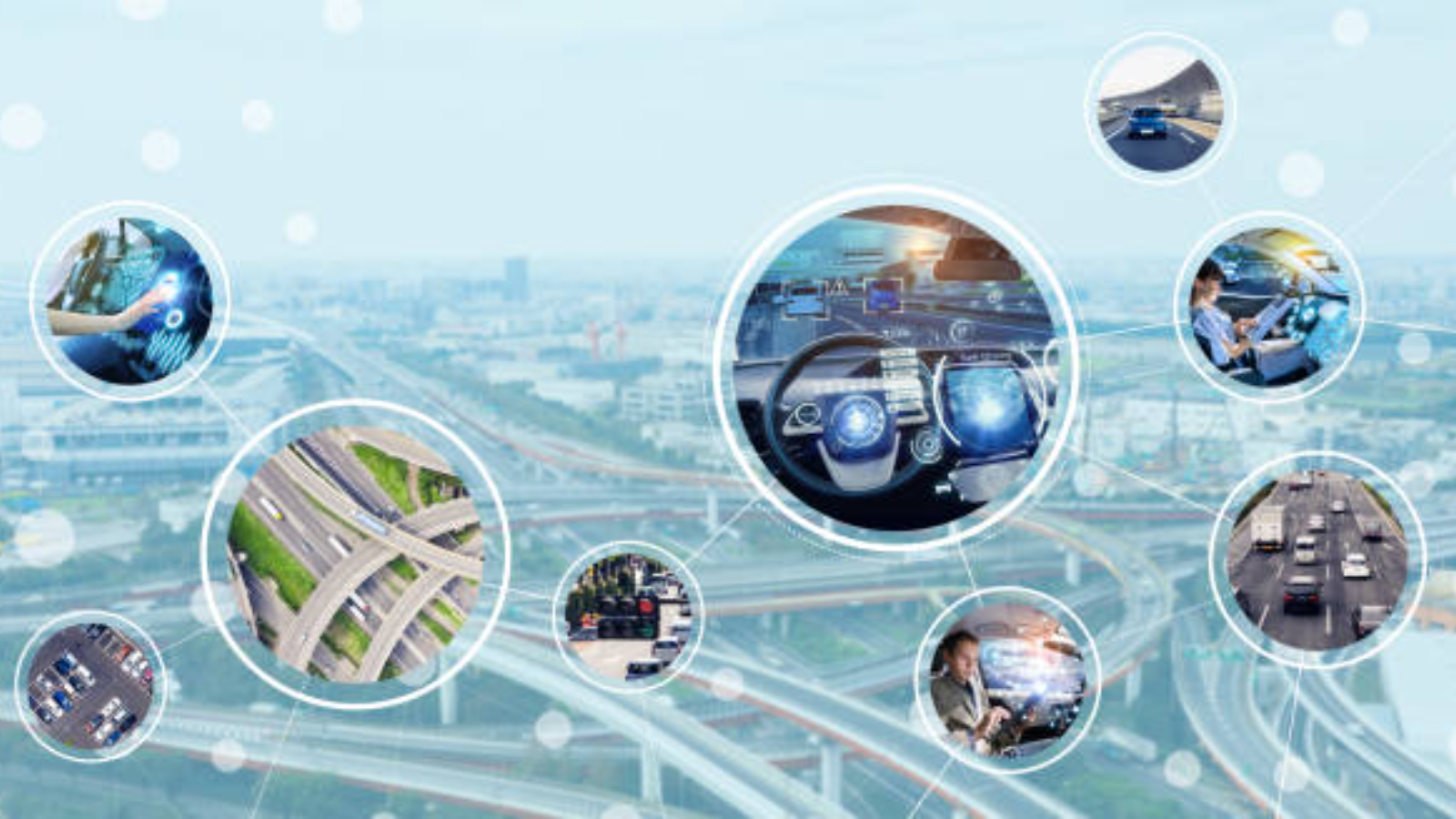In this Article
Introduction
The rapid pace of urbanization has brought about a host of challenges, including congestion, pollution, and resource management issues. To address these challenges, the concept of smart cities has gained traction globally. A smart city integrates information and communication technologies (ICT) to enhance the quality and performance of urban services, reduce costs and resource consumption, and engage more effectively with its citizens. In this article, we will explore the top 5 best ideas for developing a smart city, focusing on innovative solutions that can transform urban living.
Best Ideas for Developing a Smart City
In an era defined by rapid urbanization and technological progress, smart cities offer a promising solution to the intricate challenges of urban living. By harnessing technology and data, these cities aim to elevate residents’ quality of life, boost operational efficiency, and stimulate economic growth. Let’s explore five leading ideas for developing a smart city, offering practical insights into their effective implementation for fostering resilient, efficient, and livable urban environments.
1. Smart Infrastructure
- IoT-Enabled Utilities: Integrating Internet of Things (IoT) technology into utilities such as water, electricity, and waste management can significantly improve efficiency. Smart meters and sensors can provide real-time data, enabling better resource management and reducing wastage.
- Intelligent Transportation Systems: Implementing smart traffic management systems can alleviate congestion and reduce emissions. These systems use real-time data to optimize traffic flow, manage public transportation, and provide information to commuters.
- Green Building Initiatives: Promoting energy-efficient buildings through the use of smart technologies can reduce energy consumption and lower carbon footprints. This includes the integration of smart grids, renewable energy sources, and automated building management systems.
2. Data-Driven Governance
- Open Data Platforms: Creating open data platforms allows for greater transparency and citizen engagement. By making data accessible, governments can foster innovation and collaboration among businesses, researchers, and the public.
- Predictive Analytics: Utilizing predictive analytics can help city officials make informed decisions. By analyzing historical data, cities can anticipate and mitigate potential issues, such as traffic congestion, crime, and environmental hazards.
- E-Government Services: Implementing e-government services can streamline administrative processes and improve accessibility. Online portals for services such as licensing, permits, and bill payments can enhance convenience for residents.
3. Sustainable Urban Mobility
- Electric and Autonomous Vehicles: Encouraging the adoption of electric and autonomous vehicles can reduce emissions and improve road safety. Smart charging infrastructure and incentives for electric vehicle (EV) ownership can accelerate this transition.
- Shared Mobility Solutions: Promoting shared mobility options, such as bike-sharing and ride-hailing services, can reduce the number of private vehicles on the road. This can lead to decreased traffic congestion and lower pollution levels.
- Integrated Public Transportation: Developing an integrated public transportation system that combines various modes of transport, such as buses, trains, and trams, can enhance connectivity and convenience for commuters.
4. Smart Environmental Management
- Air Quality Monitoring: Implementing advanced air quality monitoring systems can help cities track pollution levels in real time. Data from these systems can inform policies to improve air quality and public health.
- Smart Waste Management: Utilizing smart bins equipped with sensors can optimize waste collection routes and reduce operational costs. Additionally, waste-to-energy technologies can convert waste into renewable energy.
- Water Management Systems: Smart water management systems can monitor water quality and detect leaks in real time. By ensuring efficient water use and reducing wastage, cities can better manage this precious resource.
Conclusion
The development of smart cities is a multifaceted endeavor that requires the integration of various technologies and innovative solutions. By focusing on smart infrastructure, data-driven governance, sustainable urban mobility, smart environmental management, cities can create more livable, efficient, and resilient environments. The ideas discussed in this blog post provide a roadmap for cities looking to embrace the smart city concept and improve the quality of life for their residents.
How Can We Help?
The AlphaX ecosystem is designed to address the challenges faced by cities in their journey towards becoming smart cities. Our comprehensive suite of solutions includes IoT-enabled utilities, intelligent transportation systems, and data-driven governance platforms. By leveraging our expertise and technology, cities can achieve greater efficiency, sustainability, and citizen engagement. To learn more about how we can help, visit our contact page.
References
Related Blog Posts
How Smart Cities Connect: Getting Started with Edge AI and IoT Technology
How to Get Started with Edge AI and IoT Technologies in Smart Cities: Overcoming Integration Challenges In recent years, the concept of smart cities has evolved from a futuristic Read More
5 Step Strategy: Ensuring Security and Privacy in 15-Minute Smart Cities
Introduction Ensuring security and privacy in 15-minute smart cities is a critical challenge as urban areas become increasingly connected through IoT and edge AI technologies. These cities aim to Read More
What is a smart city and the challenge of legacy systems
How to Get Started with Integrating Legacy Systems in Smart Cities Smart cities are transforming urban landscapes by leveraging technology to improve the quality of life for residents. However, Read More




